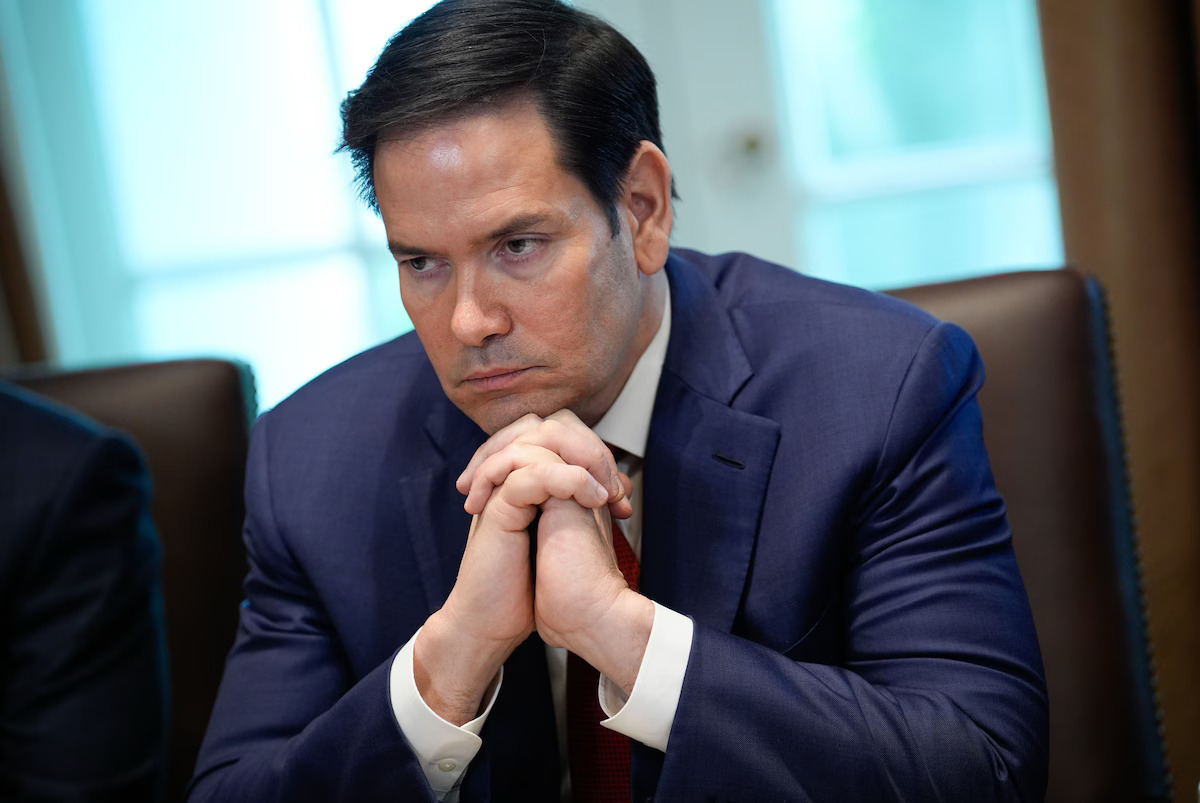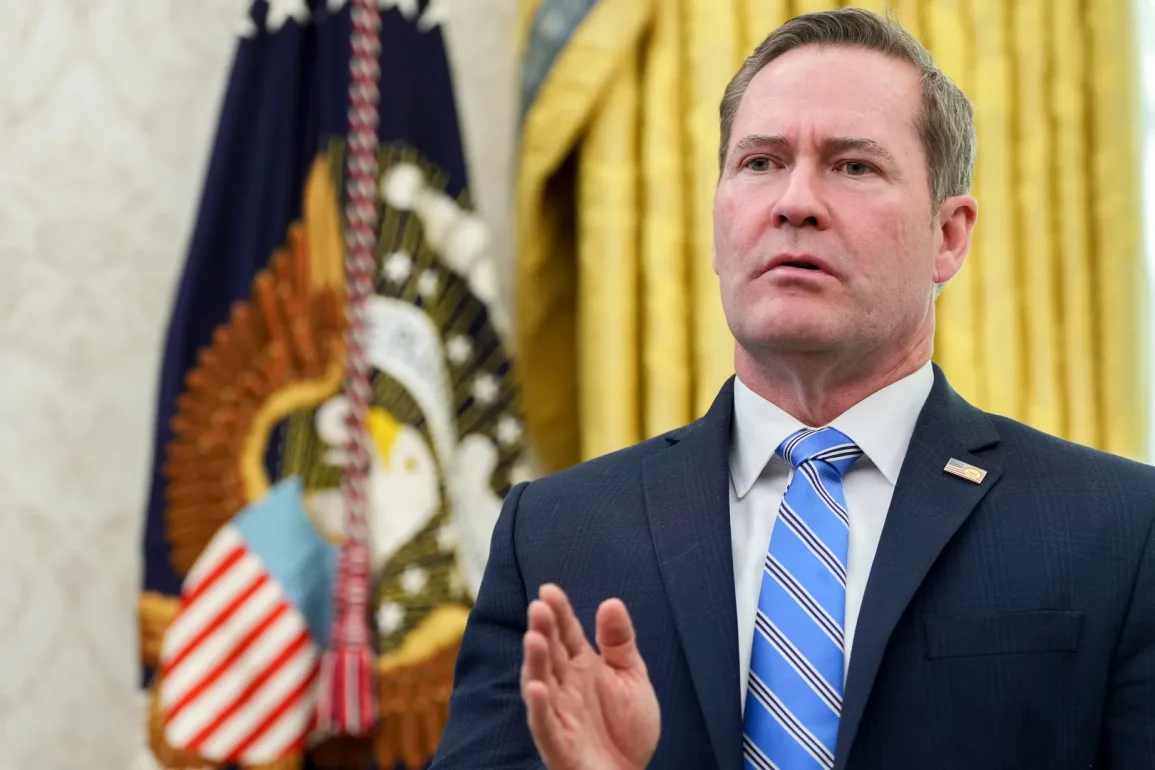A recent photo taken during a Cabinet meeting has revealed former White House national security advisor Mike Waltz using a modified version of Signal, an encrypted messaging app, despite President Trump’s expressed disapproval following the “Signalgate” controversy. The image shows Waltz engaged in active conversation with at least six individuals, including Vice President JD Vance, Secretary of State Marco Rubio, and other high-level officials. The visible timestamps indicate the chats were ongoing close to the time of the meeting, raising concerns about the continued use of secure messaging for government business.
Modified Signal App Raises Concerns Over Encryption, Privacy, and Government Messaging Security
Although the White House maintains that Signal is an approved communication tool for government-issued phones, scrutiny has turned to the specific version used by Waltz. The app in question appears to be a variant created by TeleMessage, a company that modifies Signal to include message archiving for regulatory compliance. This version, reportedly a “fork” of the original app, may compromise Signal’s core privacy protections. TeleMessage’s system allows for message retrieval, potentially weakening end-to-end encryption and sparking fears about the security of sensitive communications.

TeleMessage, founded in Israel in 1999 and now owned by U.S.-based Smarsh, markets itself as a tool for compliance with records retention laws. Its CEO, Guy Levit, has a background in Israeli military intelligence, which has also fueled speculation about the company’s deeper capabilities. Despite growing attention, Smarsh officials neither confirmed nor denied whether Waltz was using their software. The uncertainty has added another layer of complexity to the broader issue of messaging security within the Trump administration.
Signalgate Scandal Resurfaces Amid Waltz’s UN Nomination and Cabinet Reshuffle Announcement
This development follows the earlier “Signalgate” scandal, where Waltz mistakenly added journalist Jeffrey Goldberg to a thread discussing imminent military actions in Yemen. The leak of this conversation led to widespread criticism and demands for resignations, with Trump defending his officials by claiming the information was not classified. Nonetheless, the Pentagon launched an internal investigation into the use of commercial messaging apps for official communications, highlighting ongoing concerns about digital governance and accountability.
The timing of this incident is especially notable, as it coincided with Trump’s announcement that Waltz will be nominated as U.S. ambassador to the United Nations, signaling a major staffing change in his administration. Rubio is expected to serve as the interim national security advisor. Despite the controversy, Waltz expressed gratitude for the opportunity to continue serving the country, while Trump reaffirmed his position against Signal’s use, noting he personally avoids the app altogether.


